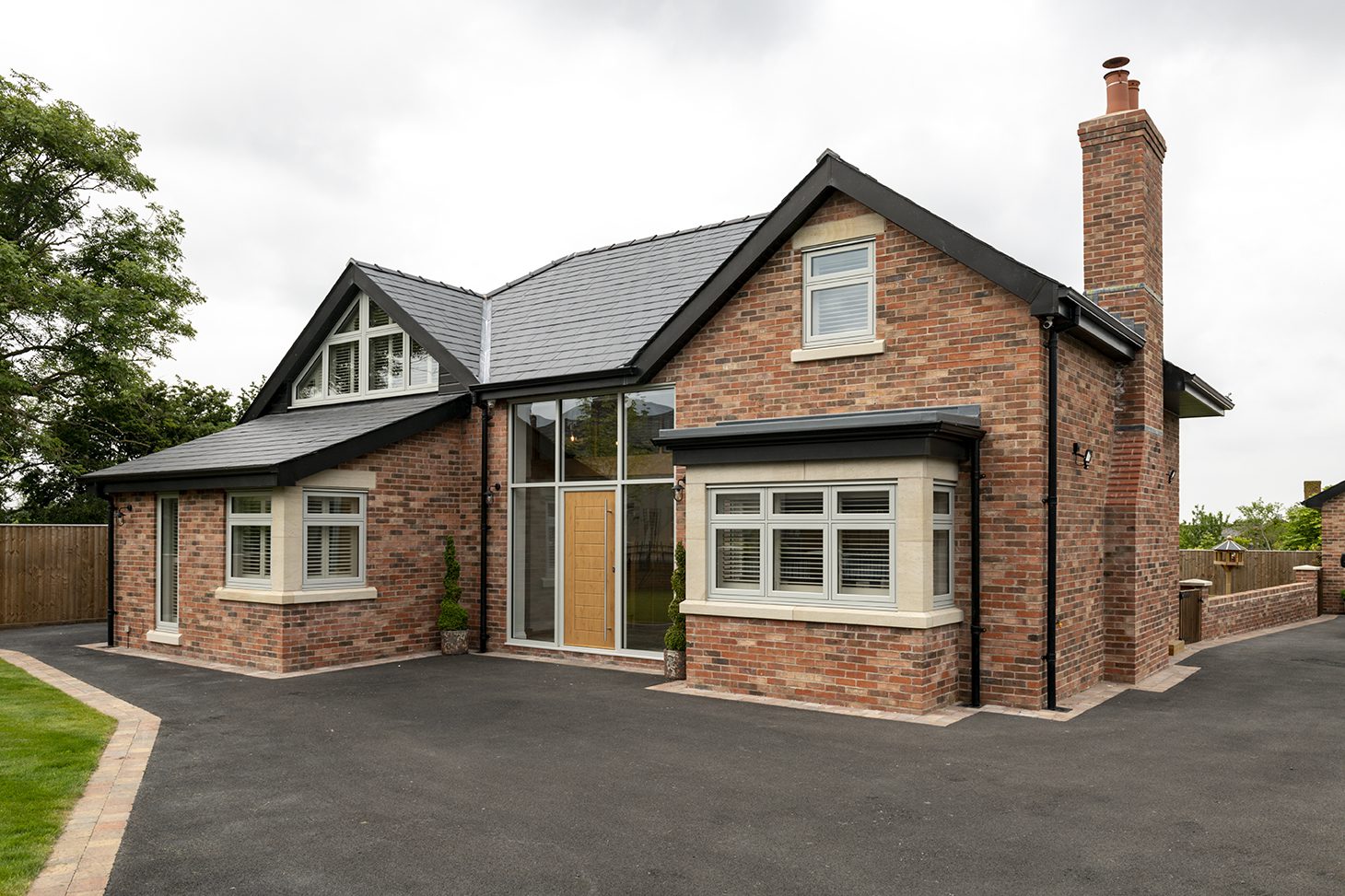
Aluminium windows have become a prominent choice in modern architecture due to their unique combination of strength, durability, and aesthetic appeal. As the construction industry continues to evolve, the demand for materials that not only provide structural integrity but also enhance the visual aspects of buildings has led to a significant increase in the use of aluminium windows. This article explores the advantages, innovations, and considerations associated with aluminium windows, highlighting their role in contemporary design and sustainability.
Strength and Durability
One of the most significant advantages of aluminium windows is their strength. Aluminium is a lightweight yet robust material that can withstand various weather conditions, making it an ideal choice for windows. Unlike wood, which can warp or rot over time, aluminium maintains its structural integrity, ensuring a long lifespan with minimal maintenance. This durability is particularly beneficial in regions prone to extreme weather, where windows must endure high winds, heavy rain, and temperature fluctuations.
Furthermore, aluminium is resistant to corrosion, which enhances its longevity. Modern coatings and finishes can protect aluminium from environmental factors, ensuring that it retains its appearance and functionality over time. This resilience not only reduces the need for frequent replacements but also contributes to lower life-cycle costs for homeowners and builders alike.
Aesthetic Versatility
Aluminium windows offer a wide range of design options, making them suitable for various architectural styles. They can be manufactured in different shapes, sizes, and finishes, allowing architects and designers to create bespoke solutions that meet specific aesthetic requirements. The slim profiles of aluminium frames enable larger glass panes, maximizing natural light and providing unobstructed views. This feature is particularly appealing in contemporary designs that emphasize openness and connectivity with the outdoors.
Additionally, aluminium can be powder-coated in virtually any color, providing homeowners with the flexibility to match their windows to the overall color scheme of their property. This versatility in design helps to create a harmonious look that enhances the overall aesthetic appeal of buildings.
Energy Efficiency
In an era where energy efficiency is a top priority for both builders and homeowners, aluminium windows have made significant strides in improving thermal performance. While aluminium is a good conductor of heat, advancements in technology have led to the development of thermally broken aluminium frames. These frames incorporate a plastic section between the interior and exterior parts of the frame, significantly reducing heat transfer and improving insulation.
By minimizing heat loss in the winter and heat gain in the summer, thermally broken aluminium windows can contribute to lower energy bills and a more comfortable indoor environment. Moreover, the integration of double or triple glazing further enhances energy efficiency, making aluminium windows a viable option for passive house designs and other energy-conscious building projects.
Sustainability Considerations
Sustainability is a critical concern in modern construction, and aluminium windows offer several environmental benefits. Aluminium is a highly recyclable material, with recycling processes that require only a fraction of the energy needed to produce new aluminium. This characteristic makes aluminium windows a sustainable choice, as they can be reused and repurposed at the end of their life cycle, reducing waste and the demand for new raw materials.
Moreover, many manufacturers are committed to sustainable practices, utilizing environmentally friendly coatings and finishes that minimize harmful emissions. The durability of aluminium windows also contributes to sustainability, https://programminginsider.com/let-the-light-in-how-to-choose-the-right-new-windows-for-your-harpenden-home/ as their long lifespan reduces the need for frequent replacements, further lowering the environmental impact associated with manufacturing and disposal.
Noise Reduction
In urban environments, noise pollution can be a significant concern for residents. Aluminium windows, particularly those with double or triple glazing, provide excellent sound insulation, helping to create a quieter indoor environment. The combination of the sturdy aluminium frame and the insulating properties of multiple glazing layers effectively dampens external noise, making these windows an ideal choice for homes and offices located in busy areas.
Security Features
Security is another critical factor when selecting windows for residential or commercial properties. Aluminium windows are inherently strong, making them more resistant to forced entry compared to other materials like wood or vinyl. Many manufacturers offer enhanced security features, such as multi-point locking systems and reinforced frames, which further increase the safety of aluminium windows.
These security features not only provide peace of mind for homeowners but also enhance the overall value of the property, making aluminium windows an attractive investment for those looking to improve their home’s security.
Cost Considerations
While aluminium windows may have a higher upfront cost compared to traditional materials, their long-term benefits often outweigh the initial investment. The durability, low maintenance requirements, and energy efficiency of aluminium windows contribute to lower life-cycle costs. Additionally, the aesthetic appeal and potential for increased property value make aluminium windows a wise choice for homeowners looking to enhance their living spaces.
Conclusion
Aluminium windows represent a perfect blend of functionality, aesthetics, and sustainability in modern architecture. Their strength and durability, coupled with their versatility in design and energy efficiency, make them a popular choice among architects, builders, and homeowners alike. As the industry continues to innovate, the potential for aluminium windows to contribute to sustainable building practices and enhance the quality of life for residents is promising. With their ability to meet the demands of contemporary design while addressing environmental concerns, aluminium windows are poised to remain a leading choice in the construction of modern buildings for years to come.







